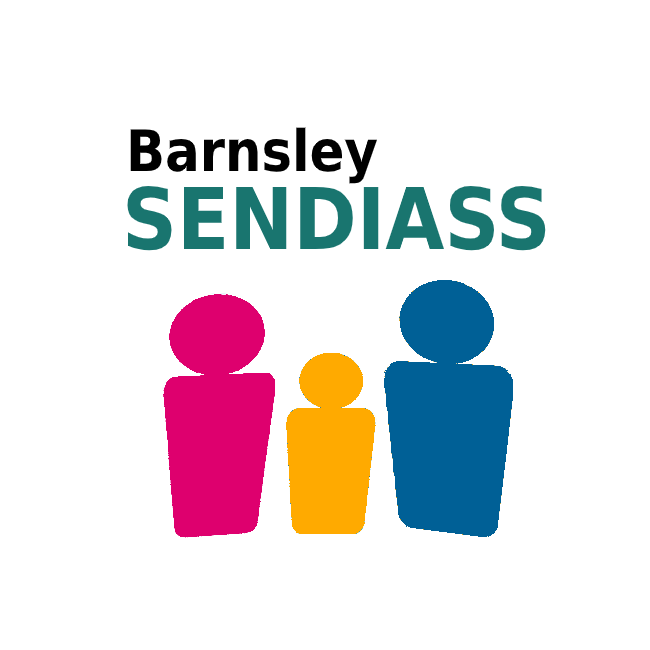Early help and early intervention are key parts of the support available for families and young people. They include a number of processes such as; Early Help Assessment (EHA) or Team Around the Family (TAF).
If you require further support, then a referral to the Disabled Children's Team (DCT) might be made. This could result in a Child in Need (CiN) process and possibly a Social Worker from the DCT assigned to support you.
The Special Educational Needs and Disability (SEND) Code of Practice 2015 describes how these processes can help and support you.
This guidance describes how all services must work with you and 'co-produce' any support plan. Your family must be at the centre of this process and your views, wishes and feelings taken into account when making decisions.
Depending on your circumstances, there may be a number of different outcomes which can include advice, guidance and support, social care, short breaks and financial support.
Browse the sections below for more details.
What happens when a referral for an Early Help Assessment is made?
When a referral for an Early Help Assessment (EHA) is made you may find that a Family Support Worker is assigned to you for a short period. During this time, a meeting is held every few weeks and the 'lead person' will arrange these and send out invites. The lead person will also complete a document with you - with agreed actions by all parties that attend of the meeting.
There are a wide variety of people and professionals who can attend these meetings. These can be; school staff members (someone who knows your child), health professionals (possibly as a result of an assessment process), or any other specialists. You can ask the lead person to invite a certain person too.
We're able to attend these meetings if there is a discussion about Special Educational Needs or Disabilities (SEND). We won't attend these meetings if it's to solely discuss non-SEND related issues.
What happens when a referral is made to the Children's Disability Team or Child in Need?
If you require further support; perhaps after the EHA process listed above; a referral can be made to the Children's Disability Team (CDT).
You can make this referral yourself, at any time, by contacting the CDT and asking them to conduct a Needs Assessment. You can also ask the team to support you to outline the following:
- your needs as a parent/carer or young person
- your child's needs
- your child's siblings needs
The CDT can provide you with further details if required, including how they decide what support they can give you.
If you're not confident online, you can ask for a paper form, and request that their response is also in-writing.
You can find contact details for the Children's Disability Team (CDT) on the assessment teams page.
What support could be provided
Support is assessed on a case-by-case basis, it could include a Personal Assistant, assistance for a holiday or financial assistance. You can find examples on what support can be provided on the Child in Need section of the Child Law website.
The Children's Disability Team, or the Post Adoption Service might also support you if you are looking after a family member, you are a foster carer, or have adopted a child.
My / my child's EHCP says 'no social care involvement'. What should I do?
An Education, Health and Care Plan (EHCP) details not only educational support, but any support and provision provided by Health and Social Care services. This could be related to education or training - such as Speech and Language Therapy (SALT).
If social care (including short breaks, Early Help Assessment (EHA) or a Family Support Worker) are involved. Also you or your child have an EHCP, then in sections D and H, you will see listed what needs and provision are there to support you.
If these sections are blank, or if they state 'no social care involvement', we advise contacting your EHC Coordinator (named in the back of the plan).
The support provided can have a major impact on you or your child. This must be detailed in an EHC plan so everyone involved can see what is working.
What are short breaks?
Short breaks can provide time for a child or young person with a disability to attend an activity they might not have an option to do otherwise.
These can take many different forms, such as:
- after-school/evening activity club
- disability football
- overnight and weekend respite
A short break can give the rest of the family time to do other things, such as supporting other family members, household tasks, or just having a rest.
You can find more advice and apply for short breaks by contacting the Family Information Service (FIS):
What are personal budgets or direct payments?
If a child or young person has an Education and Health Care Plan (EHCP), then it is possible to request a direct payment. This is so that you can organise the support needed in the EHC plan yourself.
For example, you might prefer to arrange the provision of a Speech and Language Therapist from a private service, rather than the NHS. A direct payment would be used to provide this.
When the EHCP is reviewed; which is usually annually; you can speak to the EHCP Coordinator to request a personal budget on part of the provision (Section F) as detailed in the plan. The EHC will then write to you to explain whether this is possible. If the EHC do not provide this, please get in-touch with us to discuss how we can support you and give you advice on whether or not to appeal.

